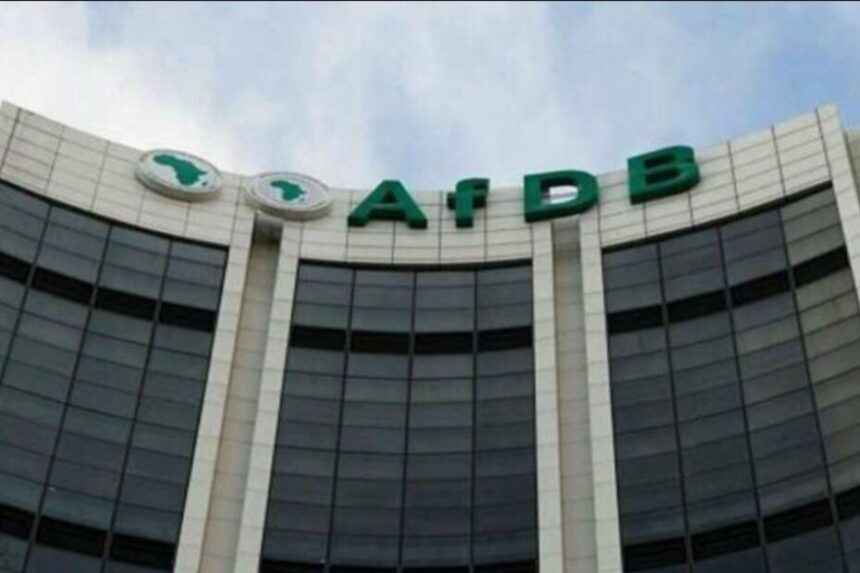The Abidjan-Lagos Corridor Highway project, a major infrastructure initiative in West Africa, is set to revolutionize trade and regional integration in the region. According to a report presented at an AfDB workshop, the project is estimated to cost $15.6 billion, with $6.8 billion expected to come from private-sector investment.
Spanning a total distance of 1,028 kilometers, the highway will connect five countries – Côte d’Ivoire, Ghana, Togo, Benin, and Nigeria. This strategic route will not only facilitate trade but also link major urban centers such as Abidjan, Accra, and Lagos. Construction is slated to commence in 2026 and is projected to be completed by 2030, creating an estimated 70,000 jobs in the process.
The Abidjan-Lagos Corridor Highway is designed as a toll-free road, with plans for up to eight lanes in Lagos, one of the busiest cities in Africa. The project will heavily rely on public-private partnerships to ensure its successful implementation. Beyond its transportation benefits, the highway is envisioned as an economic corridor that will drive industrialization and regional development in key sectors like energy, ICT, and agriculture.
This initiative aligns with the regional integration goals of the Economic Community of West African States (ECOWAS), as it addresses the needs of a rapidly growing urban population expected to reach 173 million by 2050. By improving connectivity and fostering economic development, the Abidjan-Lagos Corridor Highway has the potential to unlock significant opportunities for the West African region.
Source: NAIRAMETRICS
In conclusion, the Abidjan-Lagos Corridor Highway project represents a transformative initiative that holds immense potential for driving economic growth and regional integration in West Africa. With a focus on public-private partnerships and strategic development, this highway is poised to become a critical infrastructure link that will benefit the entire region for years to come.







